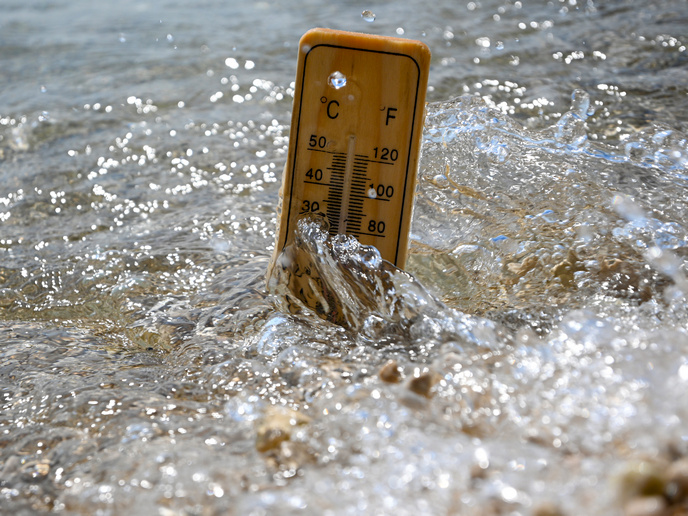Better water management for the Med
Climate change predictions show that Mediterranean countries are particularly susceptible to changes in water supply, in terms of both agricultural needs and drinking water. In addition, variability across the region means that a one-size-fits-all model will not provide adequate water management in coming years. A research consortium formed under the EU-funded CLIMB project employed a wide range of techniques in monitoring, modelling and socioeconomic analyses to reduce uncertainties in climate change models. Sites in Egypt, France, Italy, Tunisia and Turkey were included to provide region-specific data. Partners compiled a hydrological database using on-site and remote-sensing data capture. This is publicly accessible through an online portal on the CLIMB website. The data was used to test and calibrate comprehensive new models for water processes in the Mediterranean. Data generated by the project was then used to create a risk modelling tool to understand the socioeconomic impact of water shortages in the area. This tool is also publically available through the CLIMB portal, and has informed recommendations for future water management, which could prove useful to water-stressed regions. CLIMB analyses showed that climate change is affecting water availability in the Mediterranean in a number of ways. Water resources management, agriculture and tourism are the hardest-hit areas economically. An important project finding was that more data and a coherent monitoring programme are required to avoid further economic impacts in the area. The success of the CLIMB project will help to address this urgent need.
Keywords
Water management, Mediterranean, climate change, monitoring







